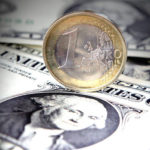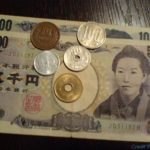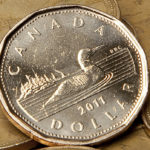Hyundai Motor Co fell by more than 10% on Tuesday to the lowest level in almost five years as a weakening yen and the Korean carmakers inability to predict a global boom in SUV demand led to a further decline in sales.
The company said on Monday domestic sales slid 8.2% in May from a year earlier, a second straight monthly contraction, while overseas shipments dropped 6.1%. Overall, deliveries slid by an annualized 6.4% in May, exacerbating investor concerns over a continuously weakening yen, which gives Japanese rivals a pricing advantage. The dollar hovered near a fresh 12-1/2-year high against the yen on Tuesday.
The Korean auto manufacturers net profit declined for a fifth consecutive quarter in the first three months of the year, as it also suffered under the impact of a weaker euro and currencies in emerging markets such as Brazil and Russia. The company sells 85% of its production abroad.
Even at home turf, however, sales were negatively impacted by growing interest for imported cars following free-trade agreements with the United States and the European Union. BMW, Mercedes-Benz and Toyota achieved a collective 33% market share increase in South Korea in the first quarter, according to data from the local vehicle importers association, while Hyundais domestic market share plunged to 32% in January, the lowest in at least 15 years.
The downbeat performance underscores the difficulties the company faces after failing to foresee a global boom in demand for sport utility vehicles and remaining in large part reliant on sales of sedans. Hyundai recently launched a new Tucson SUV and said it would boost production of the model, but the output increase would not come before September.
Deliveries to China, the carmakers biggest market, have also fallen this year as Chinese rivals respond to booming SUV demand, while foreign competitors cut prices.
Lee Jin Woo, a money manager at KTB Asset Management Co., said for Bloomberg: “There’s no hope for improvement in coming months with no major new products lined up. Hyundai may try to boost incentives, but that’ll hurt its brand power, a dilemma for the company.”
The carmaker has been relying on aggressive sales incentives to bolster shipments. In order to clear inventory, it was forced to increase US incentives by almost 30% to an average of $2 200 per vehicle in the first quarter, while in South Korea it cut prices and has been offering interest-free loans for the Elantra and Sonata sedans since May.
In contrast, Ford Motor Co has announced plans to bolster production by an additional 40 000 vehicles by cutting summer downtime, in part due to the popularity of its sport utility vehicles.
Hyundai Motor Co settled 10.36% lower at KRW 138 500 on Tuesday in Seoul, the lowest since August 2010. Shares of Hyundai affiliates also tumbled. KIA Motors slid 4.1% to KRW 45 400, while parts maker Hyundai Mobis plunged 8.5% and Hyundai Wia sank 12.2%.





